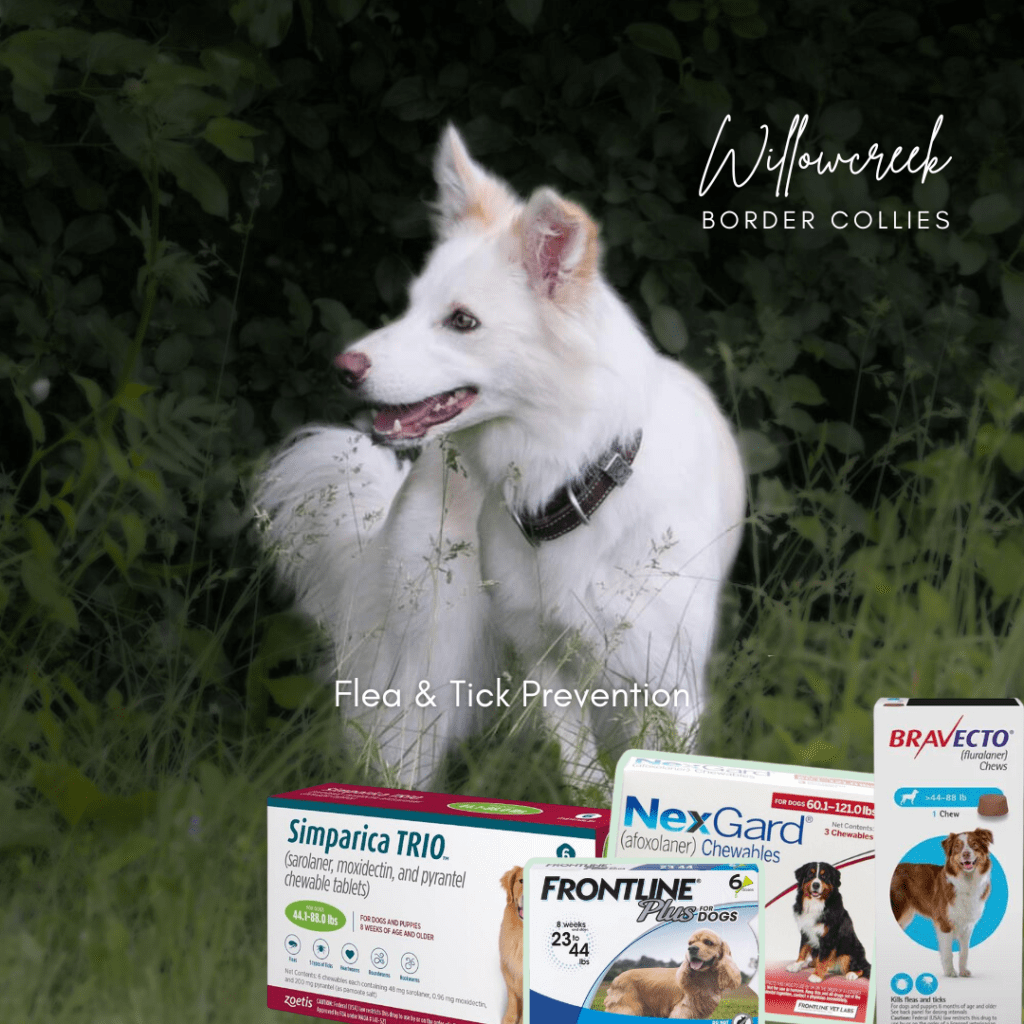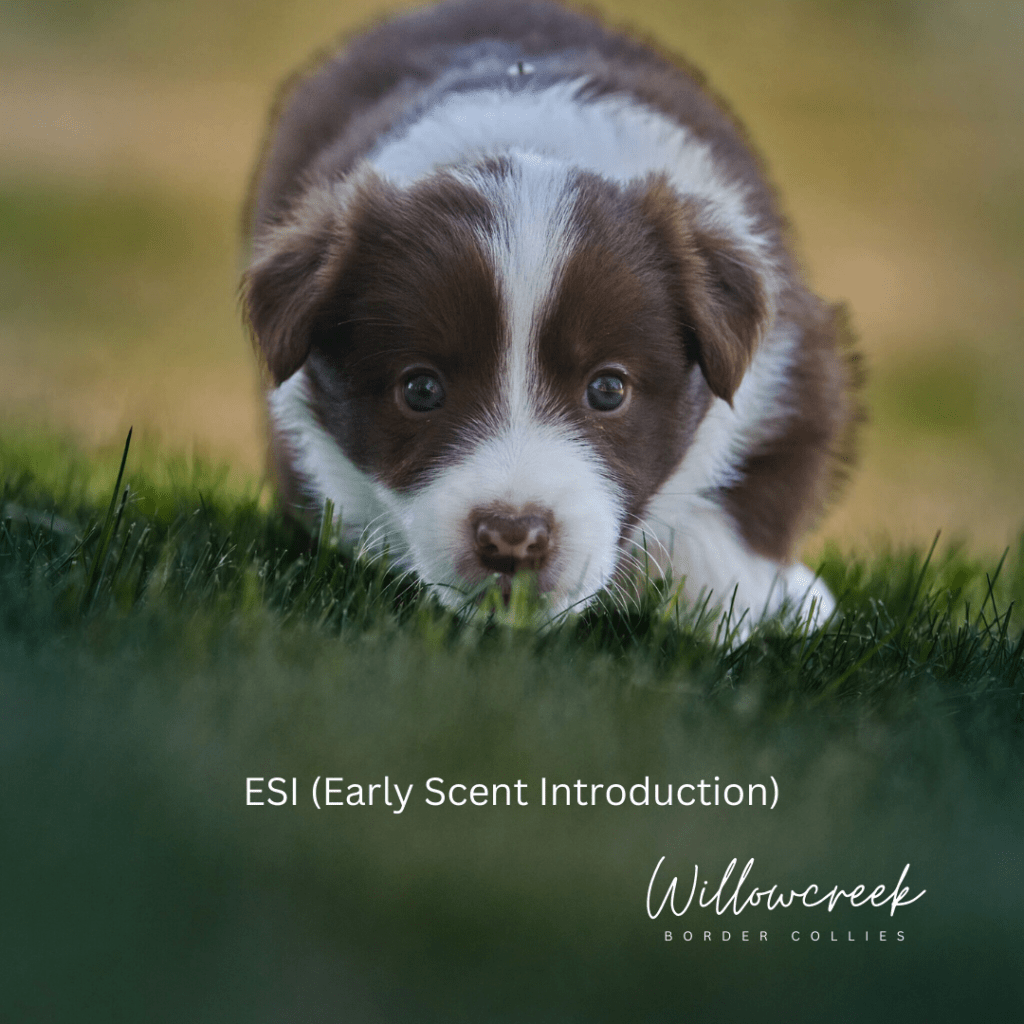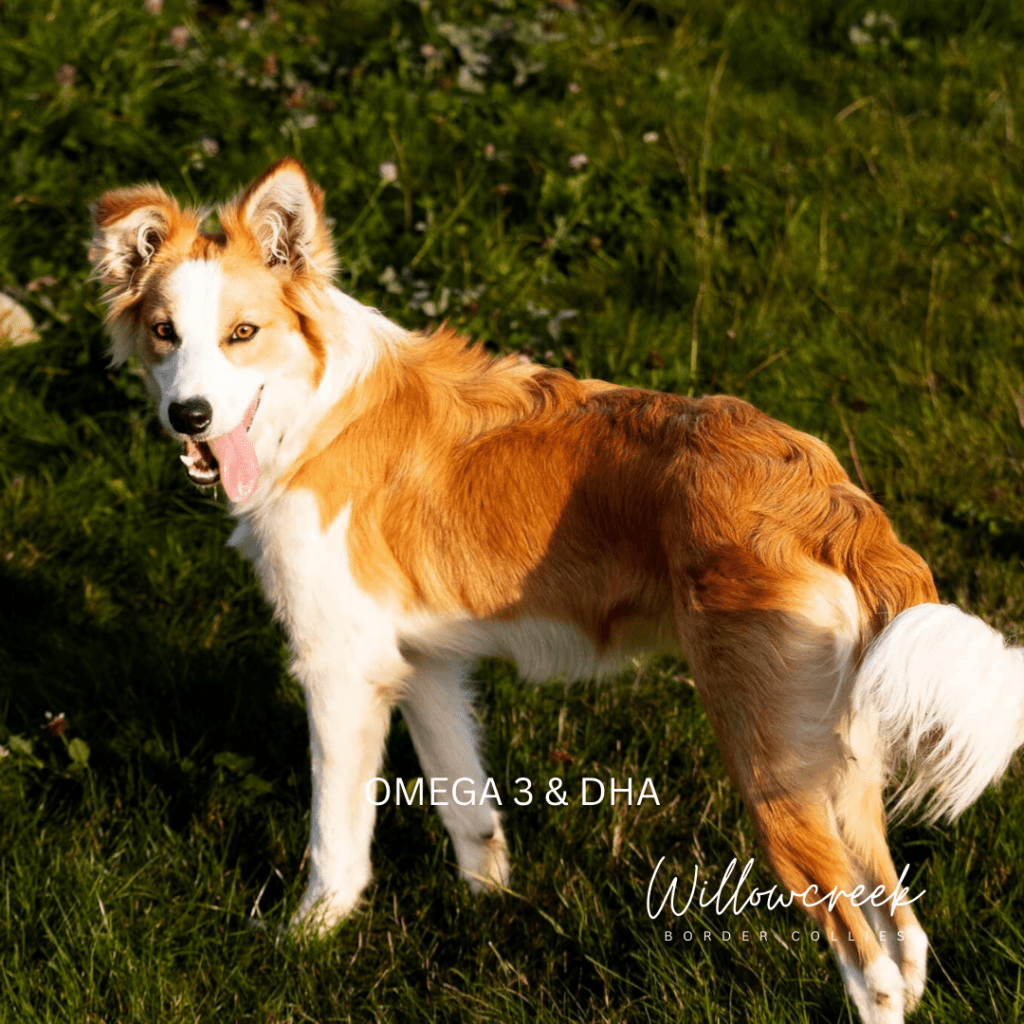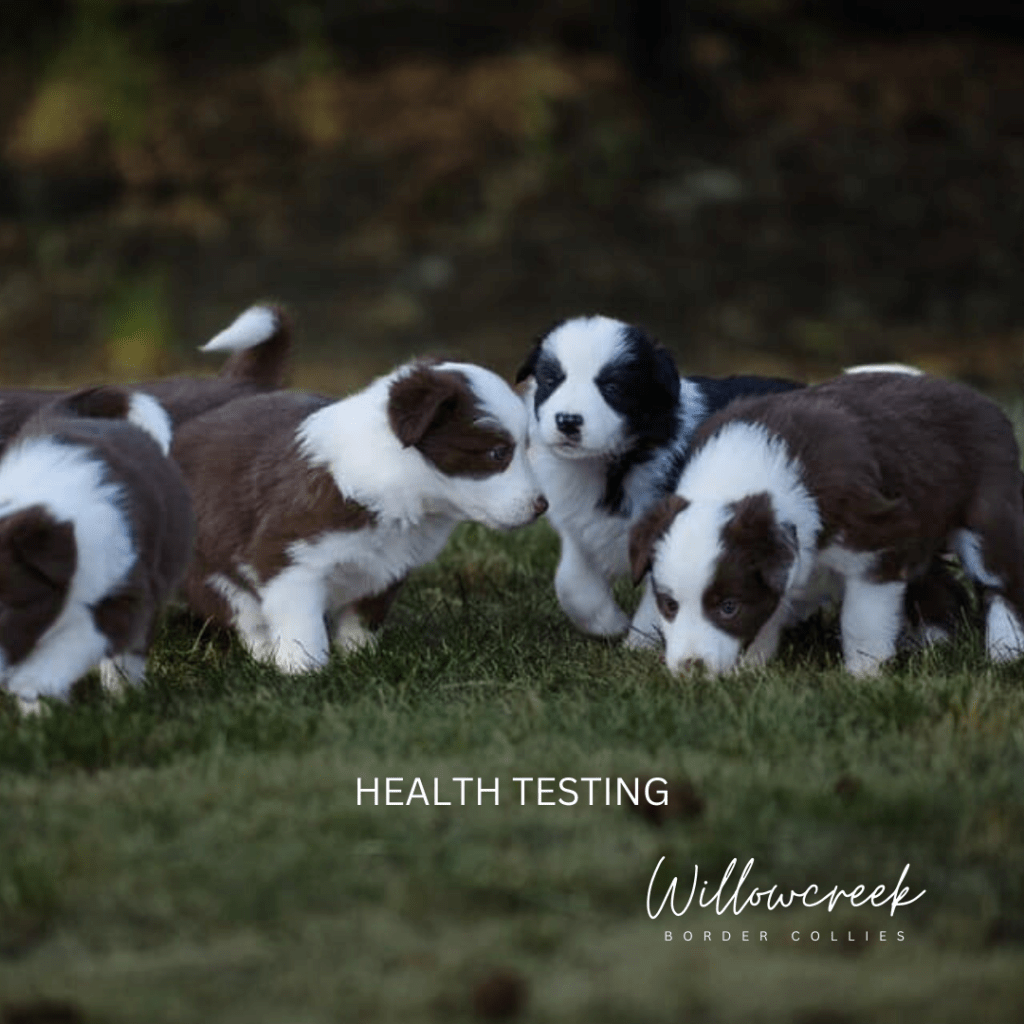Common Dog Poisons. Safeguarding Your Dogs & Puppies:
Common dog poisons are in every home, our dogs and puppies bring immense joy to our lives, but as responsible pet owners, it’s imperative to be vigilant about potential hazards that could jeopardize their health.
Common Dog Poisons:
1. Chocolate: Contains theobromine and caffeine, potentially leading to symptoms such as vomiting, diarrhea, rapid breathing, seizures, and even death.
2. Grapes and Raisins: Can cause kidney failure, resulting in symptoms like vomiting, lethargy, and decreased appetite.
3. Onions and large amounts of Garlic: Contain compounds that may damage a dog’s red blood cells, causing anemia, weakness, and respiratory distress.
4. Xylitol, often found in low cal Peanut Butter!: A sugar substitute found in sugar-free gum, candy, and certain baked goods, xylitol can cause rapid insulin release, leading to hypoglycemia and liver failure.
5. Antifreeze: Contains ethylene glycol, highly toxic to dogs and can cause kidney failure. The sweet taste may attract them, so it’s crucial to store antifreeze securely.
6. Medications: Over-the-counter and prescription drugs, including pain relievers, antidepressants, and certain cold medicines, can be toxic to dogs and require immediate attention.
7. Rodenticides: Rat and mouse poisons contain chemicals that can harm dogs if ingested, leading to symptoms such as lethargy, difficulty breathing, and bleeding.
8. Plants: Some common houseplants like lilies, azaleas, philodendrons, apple cores, and peach pits can be toxic to dogs if ingested.
What to Do if Your Dog Ingests a Poisonous Substance:
1. **Stay Calm:** Assess the situation calmly, as panicking can hinder your ability to take swift and rational action.
2. **Identify the Substance:** If possible, determine what your dog has ingested. Note the quantity and time of ingestion, as this information is vital for the veterinarian.
3. **Contact Poison Control:** Call your local poison control center or the ASPCA Animal Poison Control Center (APCC) at (888) 426-4435. Provide them with the information you gathered to receive guidance on immediate steps to take.
4. **Call Your Vet:** Reach out to your veterinarian immediately, even if you’ve contacted poison control. Your vet can provide tailored advice based on your dog’s health history and the substance ingested.
5. **Observe Your Dog:** Monitor your dog closely for symptoms and behavior changes. Be prepared to describe any signs of distress to the veterinarian.
6. **Seek Emergency Care:** If directed by poison control or your vet, seek emergency veterinary care. In some cases, immediate treatment may be necessary to prevent serious consequences.
7. **Bring the Packaging:** If available, bring the packaging or any remnants of the ingested substance to the vet, as this can aid in proper diagnosis and treatment.
Proactive identification of potential hazards, including commonly overlooked items like apple cores and peach pits, coupled with swift action in case of ingestion, is crucial for ensuring the safety and well-being of your dog or puppy. By staying informed, you can provide a secure and nurturing environment, fostering a happy and healthy life for your furry friend.











